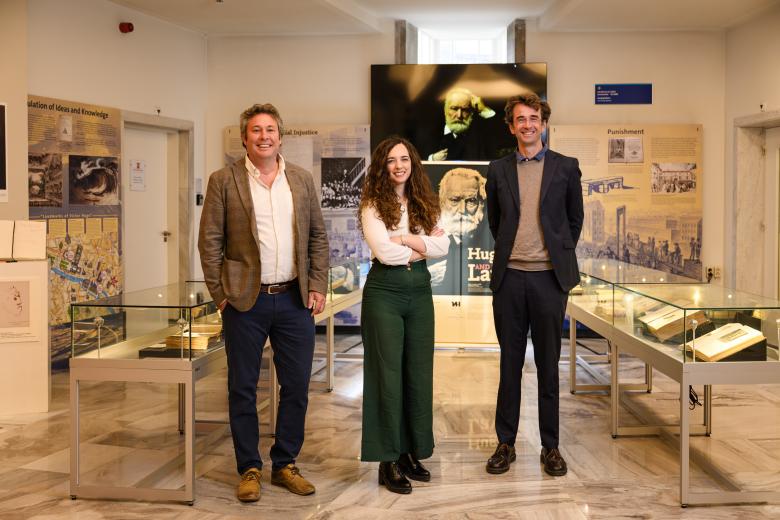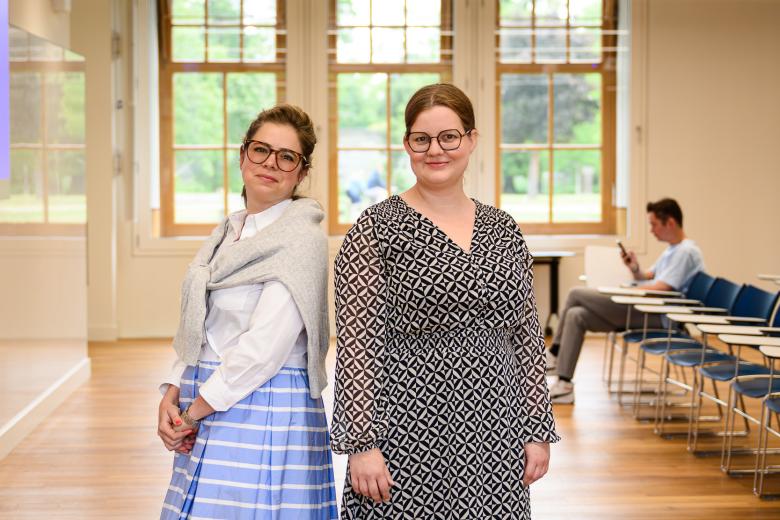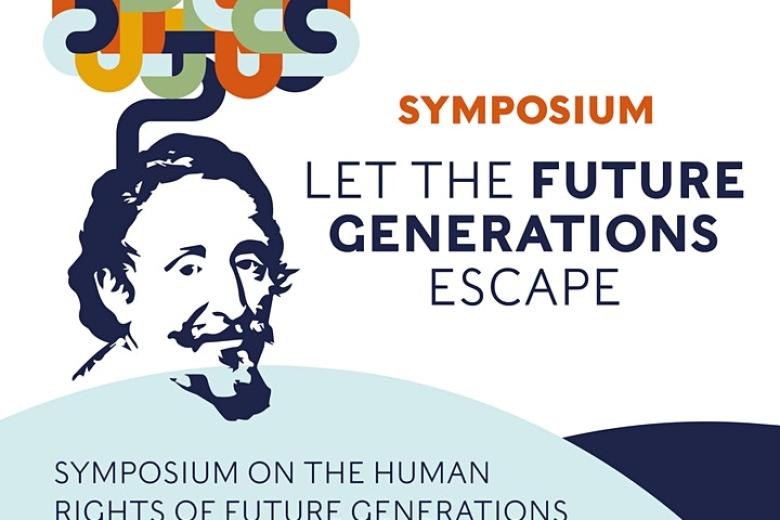Maastricht Study Group for Critical Approaches to International Law host online workshop
On Thursday 20 May, the Maastricht Study Group for Critical Approaches to International Law hosted its first external event, an online workshop entitled Narratives of International Law. With 3 panels, a total of 17 panelists joining from 4 different continents, from students to professors, the workshop provided many diverse and stimulating conversations on what international law is, and what it could be.
The Maastricht Study Group for Critical Approaches was set up in September 2020 by Sarah Thin and Wim Muller. It all began with a (socially-distanced!) conversation over a cup of coffee in the Law Faculty garden, where Sarah and Wim both noted the unfortunate lack of space for critical approaches in the current international law curricula. Fast forward a couple of months, and the first session of the Maastricht Study Group for Critical Approaches to International Law (CAIL) took place on zoom.
The Study Group has met with great success amongst students (as you can see from Sarah’s blog post on the experience here). Each month members of the group were given a list of readings on a certain theme, from Third World Approaches to International Law, to Feminist Approaches, Queer Approaches, and more. The discussions were thoughtful and varied. Increasingly, more and more staff members have reached out to ask about the group, and what was originally intended to be a low-key reading group has begun to grow into something more. This was part of the reason behind organising this workshop: to test the waters and begin to expand and develop the project further.
The workshop was made up of three panels: one on historical and general approaches to international law; one on ‘Narratives of Humanity: Human Rights and International Criminal Law’; and the last a rather eclectic mix of ‘Space and Time narratives’, which included presentations on the temporal dimension of international legal narratives, feminist approaches to international space law, and two presentations on the gendered dimension of climate change law. Early career academics and students were encouraged to apply, and in the end there were presenters ranging all the way from 2nd year Bachelor students (both members of the Study Group) to an established professor.
More than 60 people applied to take part in the workshop. This was unfortunately far more than could be included, but the level of interest demonstrates that there is a great demand, amongst both students and academics, for more exploration of these ideas and questions. The Maastricht Study Group for CAIL is now looking to the possibility for future such events – perhaps one day soon in person, although most likely in a hybrid format so as to facilitate environmentally-friendly participation from those who hail from further afield. The Study Group will continue until the end of the academic year and will start up again in September.
The Maastricht Study Group for CAIL would like to thank all participants, the three discussants, and everyone who attended the event.
Also read
-
Where Law Meets Pop Culture: A Creative Space for Exploration
From hip-hop to Victor Hugo, and historical fiction to classic cinema: What do these things have in common with the study of law, you might think? At Maastricht University’s Faculty of Law, a growing group of researchers and students is exploring exactly that and even more.

-
Innovative Education in Personal and Family Law
Thanks to the SURF Incentive Scheme for Open and Online Education (still available at the time), Gwen Noteborn (university lecturer in personal and family law at Maastricht University), Claudia Hocks and Janneke Hendrix (lecturers in law at Zuyd University of Applied Sciences) were able to get...

-
Conference on the Human Rights of Future Generations
On 18 & 19 November, Loevestein castle, in collaboration with Maastricht University’s Centre for Human Right and the Lab Toekomstige Generaties (Lab Future Generations), will organise a conference on the human rights of future generations.
